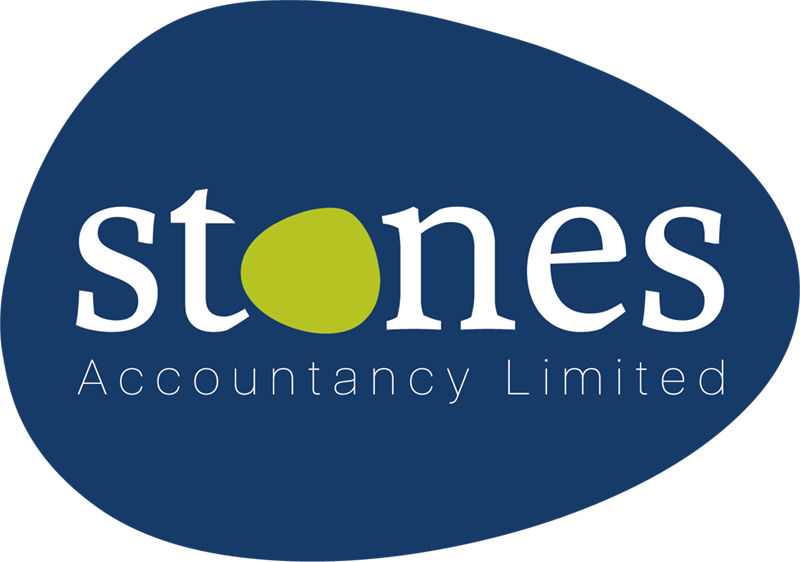People choose self-employment or a variety of reasons; flexibility, control, interest in the industry, to name a few. We, at Stones Accountancy, help all kinds of business start-ups, sole traders, and freelancers. However, if you’re thinking of starting a business, we have a few questions you should ask yourself (or discuss with us) before you do. This advice is open to any industry, and any variation of self-employment, and may include something you’d previously missed.
- What form should your business take?
You’ve got options (Sole Trader, Partnership, Ltd Company etc) and those options are dependent on several factors. The key factor is risk: what happens if your business fails? How much protection will you need, financially? How dependent on this income are you going to be? Are you going in alone, or with someone else? What are your estimated profits and losses? Which leads us into the next question to ask yourself:
- How do I get paid?
How do you accept payment for services or products you’ve provided? Are you going to need invoices? And if so, do you have a way to accept card payments or direct debit? What procedures will you have in place if your clients do not pay on time? Once you’ve made this decision, finding the right software is the next step. We always recommend our clients use QuickBooks, because it covers most things and it’s intuitive to use. You want to make the process for getting paid as accessible as possible, so that you can focus on increasing your clientele rather than chase the money.
- How do I pay myself?
Once your business is making enough money to support itself, it then needs to support you. Sole Traders and Partnerships will have ‘drawings’, where they take money from their business, but a Ltd company will provide a salary, plus dividends (which is an amount paid to shareholders on a regular basis).
- What expenses can I claim for?
HMRC have stated you can only claim for ‘wholly, exclusively and necessarily incurred’, which means claimed expenses must have a valid link to your business. Some examples are your mobile phone, if you’re using it for work, mileage, protective clothing, and use of home. We do recommend you speak to us if you’re unsure, because we’ve had clients in the past misunderstand as what is considered ‘necessary’ has changed over time.
- Should I buy or lease a car?
This is a question we get a lot from sole traders, and it will depend on circumstances from the previous questions. It can make a difference, financially, and you’ve also got the factor of Private Use Benefit. We recommend you speak to us if you’re unsure.
- When do I need to pay tax?
The key dates to remember are 31st January (following the end of your tax year) which is when the payments are due, and 31st of July. HMRC will ask for payments which account for the following year’s estimated tax, so your first year’s tax bill could be 150% in January and 50% in July. There are ways to get refunds if you’ve paid more tax than you were supposed to, and structures in place (such as Pension Payments or Deferred Income) to help reduce your tax bill. However, Tax Evasion is an illegal practice, so speaking to an accountant in advance of those dates is in your best interest.
- Do I need to tell anybody?
You will need to register for a self-assessment, and collect any licences your business might need. If you’re looking to open premises which play music, you’ll need a licence and insurance.
- Do I need to register for VAT?
You do not need to be registered unless your turnover reaches £85,000 a year.
- What records do I need to keep?
Our advice here is to track everything, because the more data you have the easier it is for you to project progress and manage your business. Again, we’d recommend Quick Books to track your in-comings and out-goings. You’re required to keep records for six years prior to your current financial year, or longer if something you purchased during that time (such as machinery) is still in use.
- What if I need to employ somebody?
You will need to organise Payroll and a pension scheme for your employees. You can set up a PAYE scheme and file RTI (Real Time Information) returns, which forwards the necessary information to HMRC every time you pay them.
- Do I need an accountant?
Arguably the most important question. There’s a lot here for you to process, and an accountant’s job is to make those processes easier for you so that you can focus on other key areas of your business. (AKA, ‘the fun bit’.) An accountant should, although some don’t, provide you with a service that keeps you informed but not overwhelmed. Stones Accountancy has experience working with a range of Business Sectors such as: Trades, Retailers, Solicitors, Consultants, Taxi Companies and Surveyors. And we charge a flat fee because, no matter what your business is, we value clients who value us and the services we provide. I’ve included a list below with our prices.
- Limited company accounts from £900 plus VAT
- Sole trader accounts from £350 plus VAT
- Partnership accounts from £600 plus VAT
- Bookkeeping £27.50 per hour
- Payroll from £20 per month
- Submitting VAT returns £75
We hope you’ve found this helpful, but if you’re still unsure which is the right course for you and your business, we’d love to hear from you. Call us today, or email us at info@stones-ac.co.uk

